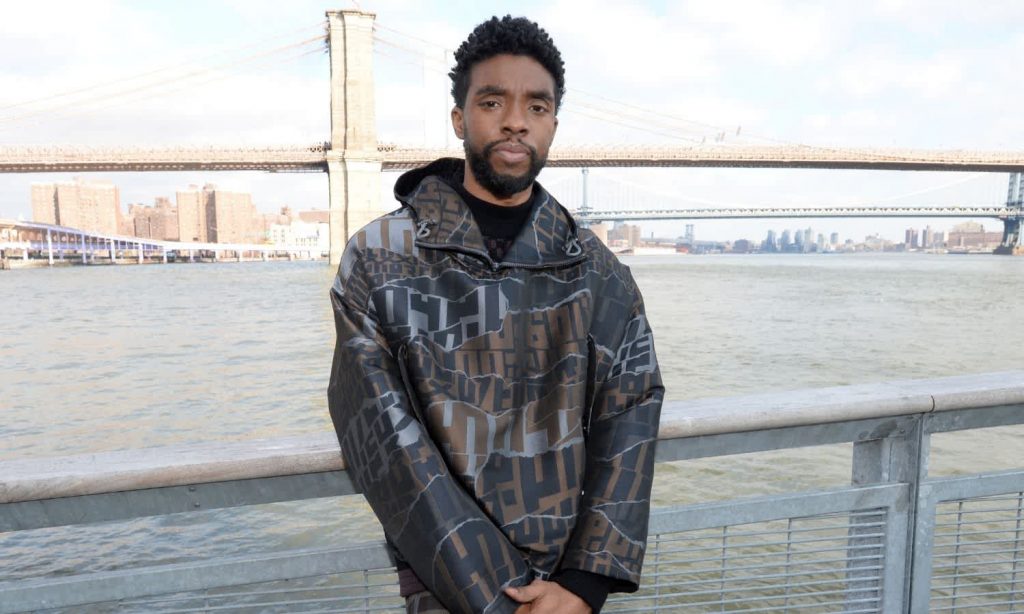February marks Black History Month in the US — a celebration of the achievements of Black people and a push to counter the racist stereotypes still ingrained in American culture.
The initiative has evolved since its earliest iteration in 1926, when Harvard-trained historian Carter G. Woodson organised a week dedicated to celebrating Black people and their accomplishments.
After the events of 2020, Black History Month feels more important than ever as we work toward greater racial equality and social justice all over the world and continue to show up for the Black Lives Matter movement.
Incidentally, in Australia, we celebrate our own Black History Month in July, when we acknowledge and celebrate First Australians’ achievements and contributions through a showcase of Aboriginal and Torres Strait Islander history, heritage and cultures.
When it comes to celebrating the achievements of Black people in the arts, awards shows can sometimes fall short in terms of inclusion, but are an important way to acknowledge Black performers, directors, producers, and more, and their enduring contributions to the arts.
With the announcement of the Golden Globes nominations on February 3 (US time), came the news that the late Chadwick Boseman had been posthumously nominated for Best Actor in a Motion Picture — Drama for his portrayal of Levee Green in Ma Rainey’s Black Bottom.
Boseman carved out an incredible career playing trailblazing icons throughout history – from Jackie Robinson to Thurgood Marshall and more, making his untimely death an even more devastating blow to the Black community and to film lovers all over the world.
In honour of both Chadwick Boseman, and Black History Month, here are five of Boseman’s films to watch in celebration of Black culture and success.
42
2013’s 42 explored the story of baseball player Jackie Robinson, who was the first black athlete to play in the MLB (Major League Baseball) in the modern era.
Bosemans’s portrayal of Robinson was his breakthrough role and was widely praised by critics and even Robinson’s widow, Rachel, who said that watching Boseman’s performance was like seeing her husband once more.
Boseman was nominated for a NAACP Image Award in the Outstanding Actor in a Motion Picture category for his work in the film.
Get on Up
In 2014’s Get on Up, Boseman played legendary soul singer James Brown, making this his second leading role in a feature film.
In a tribute to the late actor published in Variety, director Tate Taylor described what it was like to work with Boseman writing, “He let himself go in his performance without any sense that people were watching him. It was unlike anything I’d ever seen. He stayed in character not because that was his method, but because he became James Brown.”
Marshall
2017’s Marshall was an exploration of Thurgood Marshall who was the first African-American Supreme Court justice. Specifically, the film centres around a 1941 case in which Marshall, who was working with the NAACP at the time, defending a young black man who stood accused of raping a white woman in Bridgeport, Connecticut.
For his portrayal of the groundbreaking and history making attorney, Boseman won a BET Award for best actor and was once again nominated for a NAACP Image Award in the Outstanding Actor in a Motion Picture category.
Black Panther
You’ve likely already seen Black Panther — after all it was 2018’s second highest grossing film and the ninth highest grossing film of all time, not to mention the highest grossing film of a Black director, ever.
Boseman was the first ever Black actor to headline a Marvel Cinematic Universe film and his performance was not only praised by fans and critics worldwide, but left an important cultural footprint on the film industry and the way it portrays Black characters. For millions of young Black children, seeing Boseman’s stoic and benevolent portrayal of King T’Challa marked a shift in the way they saw themselves represented on screen.
A Black Panther sequel is set to still go ahead with Boseman although it is yet to be revealed how the franchise will continue without him inhabiting the titular role.
Ma Rainey’s Black Bottom
Boseman’s final film, Netflix’s Ma Rainey’s Black Bottom, was released after his death and will forever serve as a reminder of the inimitable talent and dedication the actor brought to every single role he inhabited.
The film takes place in 1927 Chicago when fiery, fearless blues singer Ma Rainey (Viola Davis) joins her band for a recording session.
Reflecting on working with Boseman, who starred as trumpet player Levee Green, Davis recalled how tired the actor often seemed on set.
Speaking to The New York Times, she said, “I’m looking back at how tired he always seemed. I look at his beautiful, unbelievable team that was meditating over him and massaging him, and I now realize everything they were trying to infuse in him to keep him going and working at his optimal level. And he received it.”
His portrayal of Green has not only earned him the posthumous Golden Globe nomination, but is expected to see him nominated for an Academy Award too.
Read more stories from TheLatch— and follow us on Facebook.

